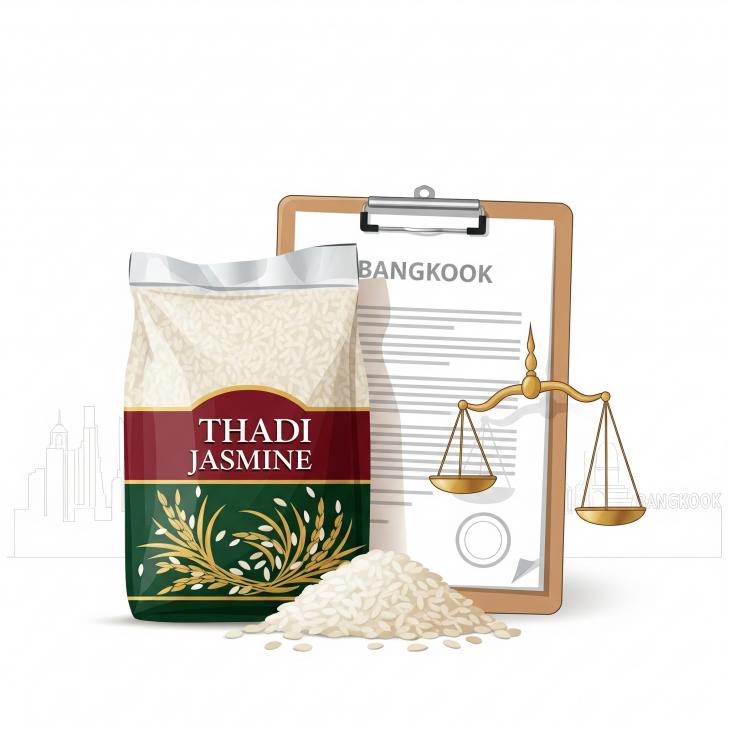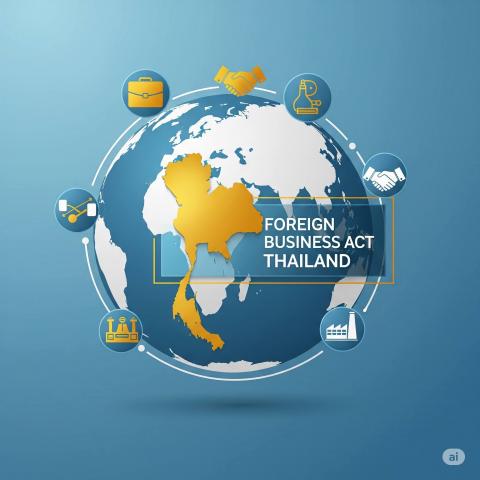Understanding Food Import Regulations in Thailand
Thailand's burgeoning culinary scene and growing expat population make it an attractive market for food importers. However, importing food into the Kingdom requires strict adherence to regulations set forth by the **Food and Drug Administration (FDA)** and other relevant government bodies. Obtaining a **food import license** is a critical first step, and understanding the process can be complex for foreign businesses.
Who Needs a Food Import License?
Any individual or company intending to import food products for commercial purposes into Thailand must obtain a **food import license**. This includes a wide range of products, from raw ingredients to processed foods, beverages, and dietary supplements. The specific type of license and the requirements will vary depending on the nature of the food product.
Key Steps to Obtaining Your Food Import License
The process of securing a **food import license in Thailand** typically involves several key stages:
- Company Registration: Your company must be properly registered in Thailand with the Department of Business Development.
- Factory/Warehouse Inspection: The premises where imported food will be stored or processed must meet specific sanitary and safety standards set by the FDA. An inspection will be conducted.
- Product Registration: Each food product you intend to import must be registered with the FDA. This involves submitting detailed information about the product, including its ingredients, manufacturing process, and labeling.
- Documentation Preparation: A comprehensive set of documents is required, including application forms, company documents, product specifications, health certificates from the country of origin, and laboratory analysis reports.
- Application Submission and Follow-up: The application, along with all supporting documents, is submitted to the FDA. The process often involves multiple rounds of review and potential requests for additional information.
Challenges and How PS Law & Business Can Help
Navigating Thailand's **food import regulations** can present numerous challenges for foreign businesses, including:
- Language barriers and understanding Thai legal and administrative procedures.
- Interpreting complex **FDA approval Thailand** regulations and ensuring full compliance.
- Preparing accurate and complete documentation to avoid delays or rejections.
- Dealing with potential issues during factory/warehouse inspections or product registration.
PS Law & Business has extensive experience assisting foreign clients with **food import licensing in Thailand**. Our team of English-speaking lawyers can provide comprehensive support.
Related Food Business Services
Whether you are importing, producing, or serving, we offer a range of licensing services to support your food business in Thailand:
Why Choose PS Law & Business?
Our deep understanding of Thai **food import laws** and our commitment to client success make us the ideal partner for your food import venture. We streamline the process, minimize potential pitfalls, and help you establish a secure and compliant **food business Thailand**.
FAQ about Food Import Licenses in Thailand
Q: How long does it take to get a food import license in Thailand?
A: The timeframe can vary significantly depending on the complexity of the products, the completeness of the documentation, and the responsiveness of the authorities. It can range from a few months to over six months.
Q: Are there different types of food import licenses?
A: Yes, the specific license and requirements depend on the category of food product (e.g., fresh produce, processed foods, dietary supplements). Some products may require additional permits.
Q: Do I need a physical office or warehouse in Thailand to import food?
A: Yes, you will need a registered company and a physical address in Thailand. Your warehouse or storage facility will also need to be inspected by the FDA.
Q: Can PS Law & Business handle the entire application process for me?
A: While we cannot physically sign documents on your behalf without a power of attorney, we can prepare all necessary paperwork, guide you through each step, communicate with the authorities, and ensure everything is in order for your application.




